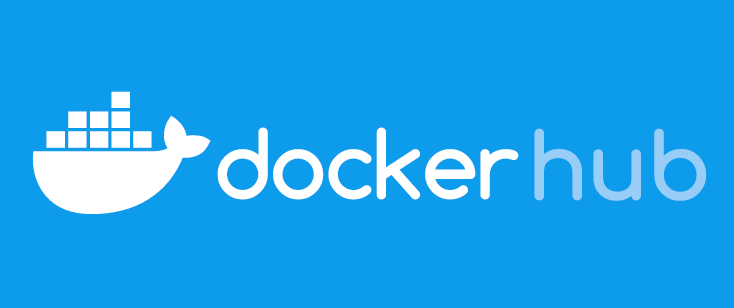What is Dockerhub? & Keyfeatures
Overview of Docker Hub
Docker Hub is the world's largest repository for container images, offering a platform for developers and organizations to find, share, and distribute Docker container images. It serves as a centralized hub for containerized applications, making it easier to manage, deploy, and collaborate on container-based projects.
Docker Hub is designed to simplify the distribution of containerized applications, providing access to a vast library of pre-built container images from various sources, including community developers, open-source projects, and independent software vendors (ISVs).
Key Features of Docker Hub:
-
Image Repository: Docker Hub hosts millions of Docker images, from community-contributed applications to official images from well-known projects and vendors. These images are used to create Docker containers, enabling developers to quickly deploy and scale their applications.
-
Official Images: Docker Hub provides a collection of official images—pre-vetted, trusted container images provided by organizations such as Ubuntu, MySQL, Nginx, and many others. These images are maintained by the official developers, ensuring reliability and security.
-
Private Repositories: In addition to public images, Docker Hub allows users to create private repositories where they can store and manage their own container images. Private repositories are essential for organizations that want to keep their projects secure and limit access to internal users.
-
Automated Builds: Docker Hub supports automated builds, which allow developers to connect their code repositories (e.g., GitHub or Bitbucket) to Docker Hub. When changes are pushed to the code repository, Docker Hub automatically builds a new container image. This is a powerful feature for CI/CD pipelines, ensuring that applications are containerized and ready for deployment with every code update.
-
Webhooks: Docker Hub provides webhooks to trigger actions when a new image is pushed to a repository. This can be used to notify systems or services when a new version of an image is available.
-
Image Tags: Docker Hub allows developers to tag specific versions of their images, enabling users to pull different versions of the same image. For example, you can specify whether you want the
latestimage or a specific version like1.0.0. -
Docker Content Trust: To ensure the security of container images, Docker Hub integrates Docker Content Trust (DCT), which provides digital signatures for container images. This helps users verify the authenticity and integrity of images before they are pulled and run.
Conclusion
Docker Hub is a critical part of the Docker ecosystem, providing a centralized platform for container image distribution. Whether you're a solo developer, part of an open-source project, or an enterprise team, Docker Hub simplifies the process of finding, sharing, and deploying containerized applications. With its vast repository of community and official images, private repositories, automated builds, and security features, Docker Hub is an indispensable tool for managing container-based workflows at any scale.

